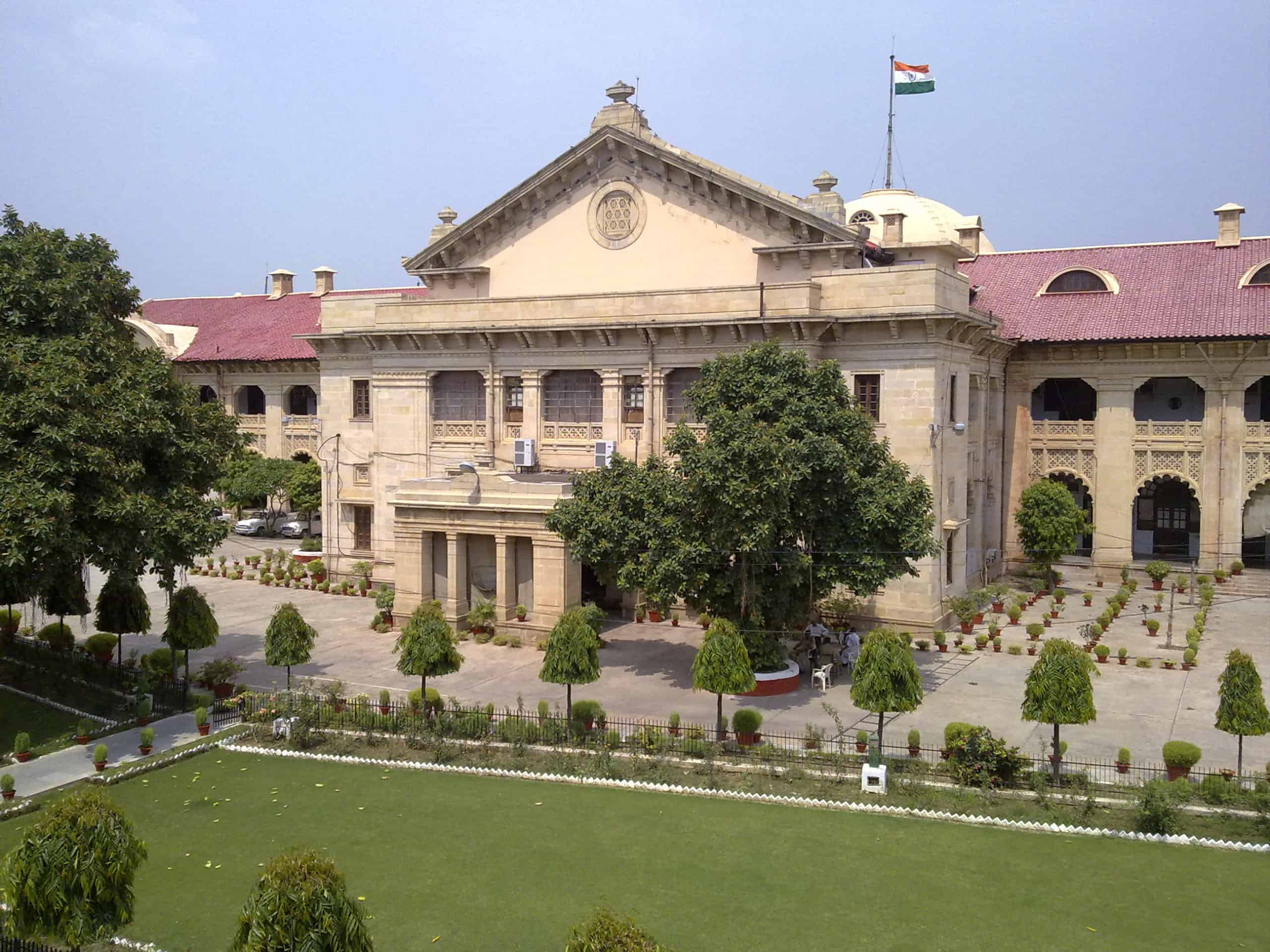The Supreme Court on Wednesday set aside a two-year imprisonment sentence imposed on a doctor for storing a “small quantity” of certain allopathic medicines at his clinic without requisite licenses [Palani vs Tamil Nadu State].
A bench of Justices BR Gavai and Sanjay Karol instead limited the doctor’s sentence to the payment of a ₹1 lakh fine, since the seized medicines were of a small quantity under the Drugs and Cosmetics Act, 1940, and since there was nothing to show that the doctor intended to distribute or sell them.
“Non-disclosure of the name of the manufacturer/person from whom the said medicines were acquired, cannot be said to be endangering public interest (which obviously, is the primary object of the prohibition in law) by allowing the circulation of such substances unauthorizedly … imposing a sentence of imprisonment would be unjustified, particularly when the intent to sell/distribute under Section 18(c) of the Act has been held unproven,” the bench explained.
Justice BR Gavai and Justice Sanjay karol
The Court was hearing an appeal challenging a September 2021 Madras High Court order that had refused to set aside the doctor’s conviction.
By way of background, the doctor’s clinic was inspected by the district health department in October 2015, and 29 types of allopathic medicines were found without supporting paperwork. The doctor was unable to disclose the source of these medicines, leading to a case being filed against him under the Drugs and Cosmetics Act.
A trial court subsequently sentenced the doctor to two years of rigorous imprisonment along with a fine of ₹1 lakh.
On appeal, an Additional District and Sessions Judge reduced the jail time to six months of simple imprisonment after noting that there was nothing to show that the drugs seized were meant to be sold or distributed.
In this regard, the sessions court observed that there were no patients or any other persons or even bills or receipts to indicate that the confiscated drugs were sold or distributed.
Therefore, the sessions court set aside the doctor’s conviction under Section 18(c) of the Drugs and Cosmetics Act, which concerns the sale or distribution of unlicensed drugs. The other charges filed against the doctor (for stocking a small quantity of unlicensed drugs) were, however, sustained. The sessions court also ordered a refund of the ₹1 lakh fine imposed by the trial court.
On a second appeal, the High Court refused to interfere with the sessions court decision, leading the doctor to file one more appeal before the Supreme Court.
The Supreme Court noted that there was no serious challenge by the doctor to his conviction itself.
The doctor had asserted that he had no ill intention to break the law.
The Court proceeded to sustain the conviction of the doctor for stocking a small quantity of unlicensed drugs but opined that it was inappropriate to impose a prison sentence on the doctor.
Therefore, it reinstated the trial court’s ₹1 lakh fine on the doctor but set aside the prison sentence.
Senior Advocate S Nagamuthu and advocate MP Parthiban appeared for the accused doctor, Palani.
Senior Advocate Dr Joseph Aristotle appeared for the Tamil Nadu government.
Source Link




